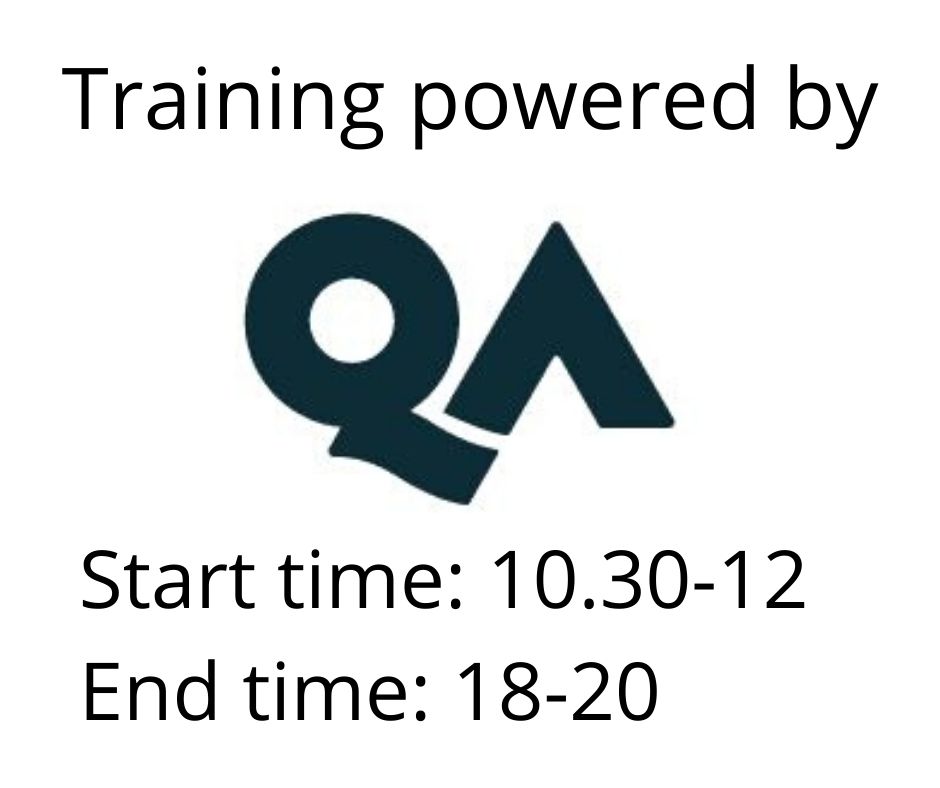Delivering Products Using Azure DevOps and Scrum
Koulutusmuoto
Kesto
3 päivää
Hinta
3933 €
This three-day course will help take your team and product to the next level. Using a combination of lecture, demonstrations, hands-on activities, and team-based exercises, attendees will experience how to deliver software using the Scrum framework and the corresponding tools and practices in Azure DevOps and Visual Studio.
Target Audience
This course is intended for Product Owners, Scrum Masters, Developers, coders, programmers, testers, architects, business analysts, team leaders, managers, and anyone else who wants to improve their software and the way their software is delivered. Both technical and non-technical people will benefit from the many discussions and hands-on activities.
Having some project management and software development experience, either as a team member or as a project manager, is preferred. Experience with Agile software development, Scrum and Visual Studio are helpful, but not required. Attendees should read and be familiar with the Scrum Guide prior to attending class.
Module 1: The Scrum Framework
The Scrum framework
Empiricism, inspection, adaptation, transparency
Scrum accountabilities, events, and artifacts
The Scrum Values
Module 2: Scrum in Action
Refining the Product Backlog
Planning a Sprint
Planning and executing work
Conducting a Sprint Review
Conducting a Sprint Retrospective
Module 3: Adopting Scrum
Changing organizational culture
Adoption blockers and common issues
Dysfunction case studies
Module 4: Azure DevOps
Azure DevOps overview
Creating a custom Professional Scrum process
Planning and creating an Azure DevOps project
Configuring security, areas, and Sprints
Socializing the development effort
Mapping Scrum to a Azure DevOps project
Module 5: The Product Backlog
Introduction to Azure Boards
Creating and managing the Product Backlog
PBI and Bug work item types
Tracking business value and size (effort)
Tagging, querying, and charting work items
Customizing and using the Kanban board
Implementing a definition of “Ready”
Using Epic and Feature level backlogs
Mapping work items to portfolio backlogs
Using Excel to manage the Product Backlog
Understanding and leveraging stakeholder access
Using SpecMap to create a story map
Module 6: Planning and Managing a Sprint
Using the forecasting tool
Planning the forecasted work in the Sprint
Representing the Sprint plan with work items
Assessing progress during the Sprint
Using the Burndown, CFD, and other analytics
Using the Sprint Goal, Definition of Done, and Retrospective extensions
Module 7: Collaborating as a Team
Pairing, swarming, mobbing, and other practices
Creating and maintaining a wiki
Using pull requests to review code
Requesting and collecting stakeholder feedback
Using the Test and Feedback extension
Collaborating using Visual Studio Live Share
Module 8: Agile Software Testing
Agile testing principles and practices
Introduction to Azure Test Plans
Development, acceptance, and exploratory tests
Creating a test plan, test suites, and test cases
Testing web and desktop applications
Performing exploratory testing
Module 9: Agile Software Development
Introduction to Azure Repos and Azure Pipelines
Git overview and workflow
Unit testing & Test-Driven Development (TDD)
Automated build and release using Azure Pipelines
Practicing Continuous Integration (CI)
Practicing Continuous Delivery (CD)
Module 10: Reporting
Agile metrics that matter
Configuring alerts and notifications
Using the Microsoft Analytics service
Ad-hoc reporting using Excel and Power BI
Querying data using the OData feed and REST API
